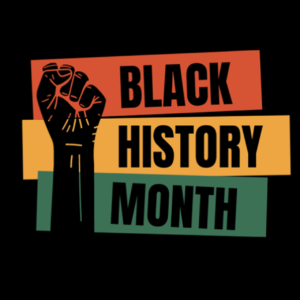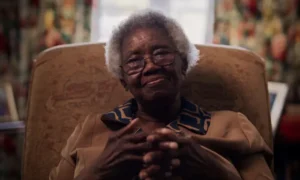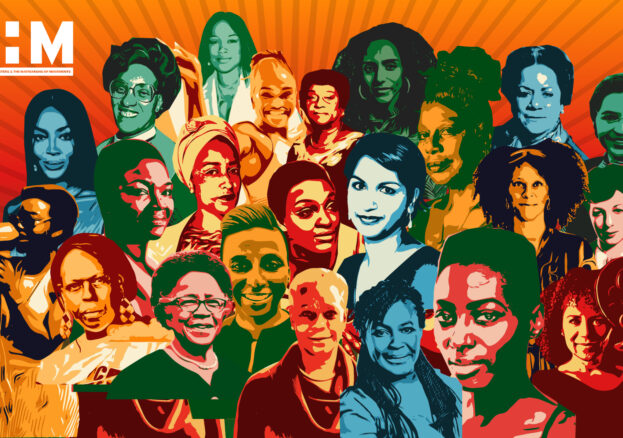If you know PsychWorks Associates, you will be aware it is a core mission of ours to recognise the differing and unique needs of our minority injury clients and families. We also strive to make a representative professional provision available to this group of marginalised people.
Why do we need to do it, and why do we talk about it as much as we do? And what is the link with neuropsychological assessments?
If you know PsychWorks Associates, you will be aware it is a core mission of ours to recognise the differing and unique needs of our minority injury clients and families. We also strive to make a representative professional provision available to this group of marginalised people.
There is now too much literature to ignore evidencing the negative psychological impacts of the status quo. Racial trauma, institutional racism, unconscious bias in decision-making that disadvantages people of colour and minoritised groups, white privilege and guilt, the intersectionality of colour with other marginalised identities.

Essentially, when it comes to mental health we see a benefit not just to tackle, but also to raise broader awareness of, one of the greatest ongoing global challenges for people of colour and disadvantaged minorities.
As people in the personal injury rehabilitation field, the role we have chosen in this context is offering a case management and treating psychology service that is sensitive to cultural needs. It is about promoting understanding around sometimes unconventional requests, especially around care and care needs, and providing a representative service with language options that fits our client cohort. In our recent successful CMSUK Award* statement, we cited the statistics behind our commitment to diverse representation, offering clients from UK ethnic minorities a.k.a. ‘the global majority’ a wider range of clinician choices. 44% of our clients are from diverse backgrounds, and 45% of our clinicians are from diverse backgrounds, a fact we are very proud of.
So, in keeping with our passion to promote the needs of diverse groups, we will be celebrating Black History Month in October. This year’s theme is about celebrating the women who have helped ‘move and shake’ the world in different ways. While these movements have been undertaken by women of all colours, the accomplishments of black women have frequently been neglected or, worse still, forgotten. In this spirit, the ‘Celebrating our Sisters’ theme is designed to emphasise the significant role black women have played in inspiring change, building communities, and essentially shaping history. Equally, the theme aims to bring to the fore the silent participants in the struggle to live in a more balanced world. This is a world where black women have had to develop a special resilience, self-care, strength and determination in order to survive and flourish. The campaign reminds us how future generations still need to make special efforts to take care of themselves and for their communities to thrive.
In the psychology world, Waveney Bushell is definitely worth celebrating. She is a Guyanese-born teacher who played a significant role in exposing racism and inequality in the education system here in the UK. In the 1960s, she retrained to be an Educational Psychologist – she was in her late thirties by this point but was compelled to understand perceptions of black children’s attainment.  She observed many black children at the time were considered “educationally subnormal” and sent to SEN schools. She believed that these children were assessed using culturally-specific tools that resulted in inaccurate findings. Her belief was ultimately borne out by the body of evidence.
She observed many black children at the time were considered “educationally subnormal” and sent to SEN schools. She believed that these children were assessed using culturally-specific tools that resulted in inaccurate findings. Her belief was ultimately borne out by the body of evidence.
Of course what we see so consistently now is that neuropsychological assessment tools can indeed be culturally-specific, having been developed with and for a white, middle-class, educated demographic. Previous research has shown that cognitive tests can lead to misclassification when applying non-representative norms to measure cognitive performance. In a country – indeed a world – in which societies and communities are becoming increasingly mixed, the limitations of the tools of their trade become ever more challenging for clinicians and other professionals who have to think about cognitive profiles and what they really mean.
To mitigate the culturally dependent nature of test score interpretation, it is recommended within psychological practice to take into account a broad range of variables when interpreting neuropsychological tests. These include factors such as language, literacy, education, migration history, acculturation and other cultural factors. In other words, we cannot just rely upon the quantitative data, but must weigh up the socio-cultural features of a client’s profile.
This is not ideal and makes great demands for practitioners with specialist training and insights in order to achieve consistency. There is promise in the international neuropsychology research community of burgeoning collaborations in the areas of test developments, the collection of normative data, cross-cultural training and interpreter-mediated assessment.
But, for now, you can only ensure your clients are seen by clinicians who appreciate this landscape with a culturally diverse client and colleague group, who are culturally sensitive and who can check their own biases. This is the best help available for generating a much more accurate understanding of the client’s true needs.
If it wasn’t for courageous and resilient pioneers like Waveney Bushell, who sacrificed promotions at work because of her strong belief in favour of a diverse and equitable service for all, it may never have been possible to publish an article like this one: which might never have broadly been accepted as a fair assessment of the current state of play. A service like PsychWorks Associates – award-winning, in part, for the diversity of our clinical network – may not have made it through. So we owe much to clinicians like Waveney, one of many black sisters worth celebrating.
*CMSUK Case Management Service Provider of the Year 2023
Please visit the PsychWorks Associates website for more information on our case management service, treating psychology service, to make a referral, or to work with us.
For further insight about Black History Month please visit here




